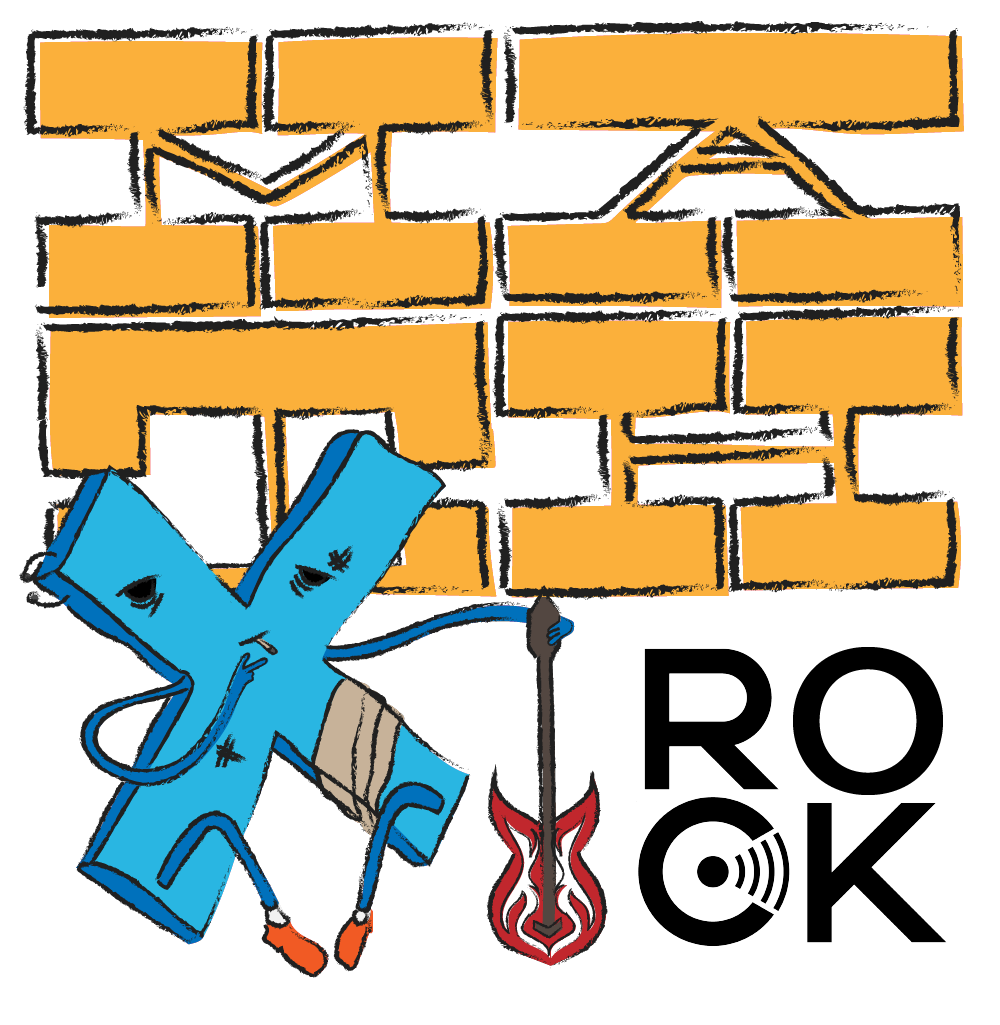Alternative music is all about challenging the ordinary, and the progressive rock subgenre “math rock” does that exceptionally well.
The subgenre gets its title from the polyrhythmic melodies and unusual time signatures that characterize its sound. Though it can be difficult to distinguish math rock because of its fluidity, bands in the genre are unified by complex song structures and experimentation.
Math rock is heavily inspired by the post-hardcore musicians of the ‘80s, progressive rock bands of the ‘70s and even ‘60s jazz experimentalists. Bands such as King Crimson and Black Flag are most frequently referenced for establishing the fundamental elements of nontraditional rock: unexpected rhythms, improvisation and free-form composition.
The math rock movement emerged between the late ‘80s and early ‘90s throughout the country, with the East Coast and Midwest leading the rising scene.
Pittsburgh band Don Caballero was one of math rock’s early innovators as they popularized artistic elements such as syncopated rhythms and guitar tapping. The band contributed to the formation of several other groups, like Sacramento bands Hella and Tera Melos. Their album “Don Caballero 2,” popularized fluctuating rhythms and tempos, which are staple traits of the genre.
By the early 2000s, bands began combining traits of math rock with emo-oriented elements, such as confessional lyricism and angsty singing styles. The Midwest’s American Football and OWLS began a wave of melodic emo and jazz-infused songwriting, creating the characteristic math-rock sound that many are familiar with today.
While math rock reached peak popularity in the late ‘90s and early 2000s, several emerging bands are working to keep the music alive and evolving, especially in Philadelphia. The DIY scene showcases sounds of math rock, hardcore punk, indie rock and everything in between. Pennsylvania band Good Game released their debut album, “Get Good,” in November of last year and has been playing at venues in the area since.
Today, math rock is also growing globally and has become immensely popular in Japanese noise-rock scenes. Kyoto-born female rock band tricot formed in 2010 and is currently laying the groundwork for the next wave of Japanese math rock.
Though nearly every math rock band has individual defining attributes, they are all driven by a similar motive — to rewrite tradition.
Get a taste of this unique genre with KCPR’s Math Rock playlist on Spotify!


